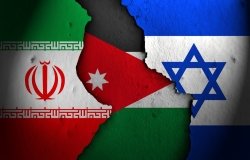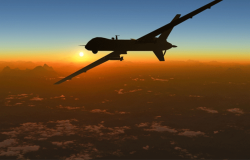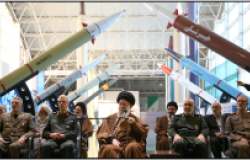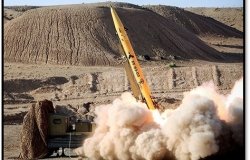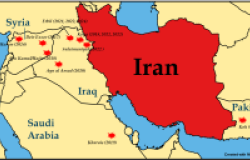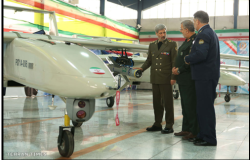Pakistani Public Opinion Towards Terrorism
Christine Fair, Assistant Professor, School of Foreign Service, Georgetown University
Overview
This event, co-sponsored with Georgetown University's Center for Peace and Security Studies and the Woodrow Wilson Center's Asia Program, is part of International Security Studies' ongoing Terrorism and Homeland Security Forum.
Christine Fair, assistant professor at the School of Foreign Service at Georgetown University, noted that there has been much discussion about the shortcomings of Pakistan's security forces in meeting the threat of terrorism in that country. Much less attention has been focused on the related issue of assessing public attitudes toward the violent militants. Fair argued that contrary to the conventional wisdom, popular opinion does constrain military and political options in Pakistan.
Fair's presentation focused on several public opinion data sets collected in Pakistan since the events of 9/11. She noted that the data sets vary: the Pew Global Attitudes Project polls skew toward urban populations, while the International Republican Institute surveys fielded more nationally representative samples. Fair stipulated that the widespread misinformation about the nature of the terrorist threat should be taken into account when assessing these public opinion polls. (She cited one exchange with a focus group in which the only person who offered an answer about Al Qaeda and its leadership said that the terrorist organization was directed by Afghan President Hamid Karzai!)
A variety of militant groups have operated within Pakistan for decades. Perhaps best known are the "Kashmiri groups," a misnomer according to Fair since few ethnic Kashmiris are among their ranks and do not operate exclusively in Kashmir. Indeed, these groups are viewed as "assets of the state" that have received support from the Pakistani security establishment.
Fair's focus was on the "Pakistani Taliban," which has "established an archipelago of micro-emirates of Sharia" in Pakistan's northwestern and western regions and has been targeting the Pakistani state. She argued that public opinion was largely tolerant of the Pakistani Taliban (not to be confused with the Afghan Taliban) as long as they operated in those remote areas in which the central government has never exercised effective control.
A series of events in spring 2009 shaped public opinion and were the prelude to the current offensive of the Pakistani military into areas controlled by the Pakistani Taliban. In March, the Swat valley came under the control of the Pakistani Taliban. Weeks later, the militants pushed on to Buner, not far from Islamabad. "This signaled that militants would not confine themselves to the historical areas of chaos west of the Indus River," Fair stated. Also affecting public attitudes was a widely circulated video of the beating of a young girl by bearded men, reportedly members of the Taliban.
Fair stated that Pakistanis understand and appreciate the terrorist threat. But that does translate into Pakistani support for the U.S. "war on terrorism." As she put it, "our enemy list and Pakistan's don't overlap much." What we should be aiming to do, she concluded, is not to sell them on our war on terrorism, but rather, to help them craft their own communication strategy to win popular support in Pakistan for their own war on terrorism.
By Robert Litwak
Documents & Downloads
Hosted By

Indo-Pacific Program
The Indo-Pacific Program promotes policy debate and intellectual discussions on US interests in the Asia-Pacific as well as political, economic, security, and social issues relating to the world’s most populous and economically dynamic region. Read more
Thank you for your interest in this event. Please send any feedback or questions to our Events staff.



